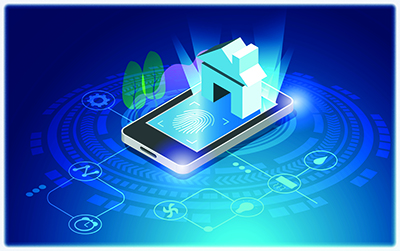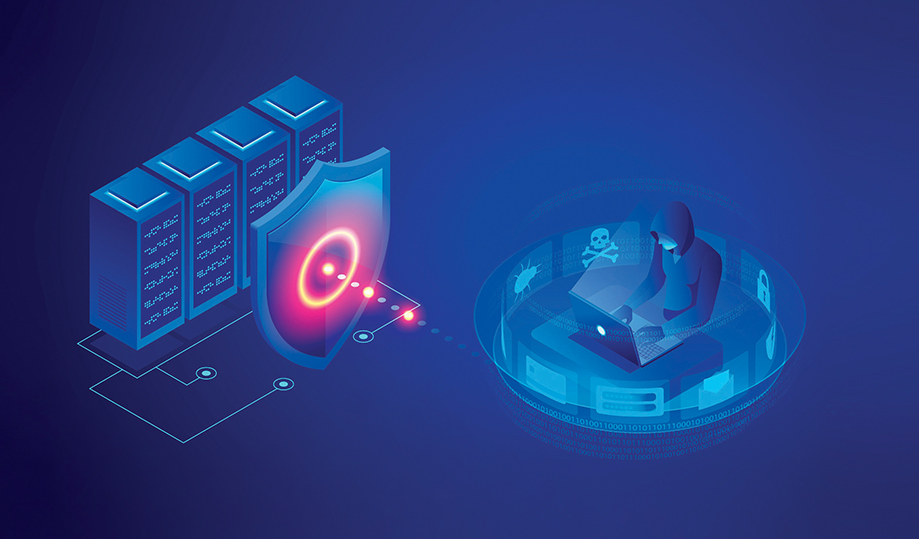Did you know that the idea of artificial intelligence (AI) first saw the light of day back in 1956? Ten years later, a Massachusetts Institute of Technology (MIT) team created something known as ELIZA – an early natural language processing computer program developed to explore communication between humans and machines.
That led to considerable changes to machine learning in computer science and opened the door to concepts surrounding the idea of “thinking machines.”
In 1997, IBM’s Deep Blue computer defeated a world chess champion named Garry Kasparov, marking a significant milestone in AI. From there forward, advances in AI continued to grow by the proverbial leaps and bounds.
Science Fiction Comes to Life
Does this sound like the plot line for the Terminator movie franchise? Well it’s not. AI has become the cornerstone for all the advances in computer science that we have today.

Technology development in the HVAC industry paralleled advancements in AI. According to several sources, the two finally met with the development of Smart Technology for thermostats.
These thermostats use machine learning algorithms to “understand” homeowner and building occupant preferences and optimize temperature settings accordingly. The advent of IoT (Internet of Things) technology then enabled real-time monitoring and control of HVAC systems.
This is great stuff. It leads to many amazing things for contractors and homeowners alike, from creating predictive maintenance schedules to reducing carbon footprints through energy optimization, Indoor Air Quality (IAQ) management, Smart Building integration, and more.
IoT also benefits the design side by incorporating Smart technology into advanced, built-in sensors and IoT integration capabilities for HVAC equipment, security systems, etc. It is science fiction coming to life.
Advancements Open the Door to Scary Stuff
Today, the “cyberverse” and the HVAC universe intersect at so many levels. In this age of social unrest, political upheaval, along with domestic and foreign cyber-criminal behavior, cyber-based tech can pose a real security threat to contractors and consumers alike.
Cybersecurity is no longer just a concern for big tech companies or financial institutions, though the threat in those arenas is clear. For example, in May 2021, a cyber-attack on the Colonial Pipeline shut down that vital artery used to supply gas and jet fuel to nearly 45% of the U.S. East Coast.
Click Below for the Next Page













Recent Comments